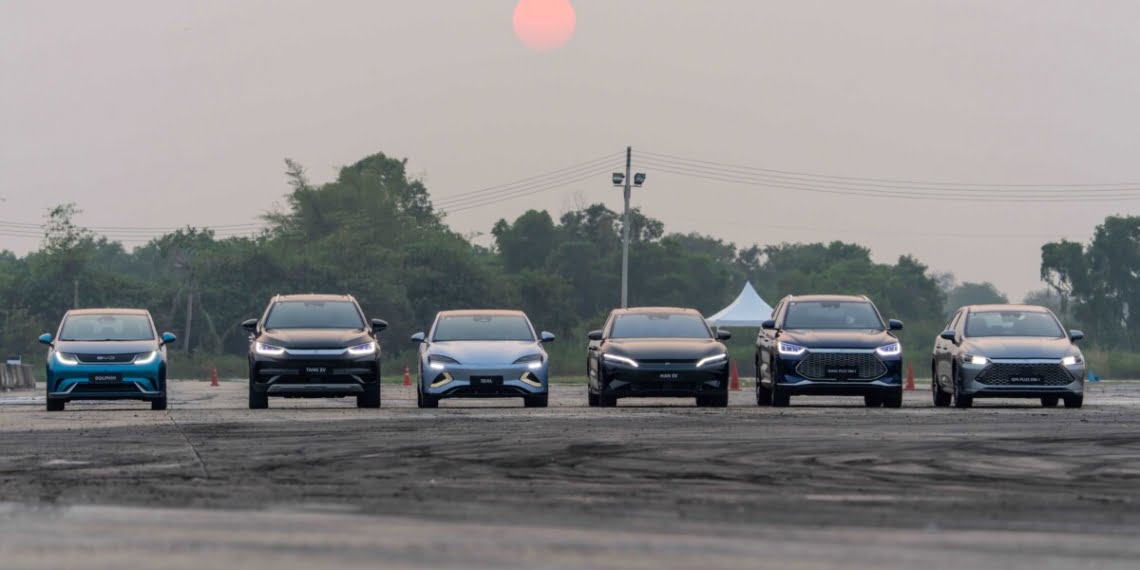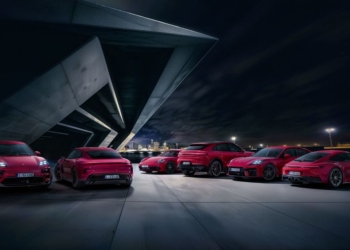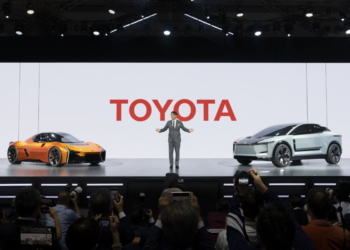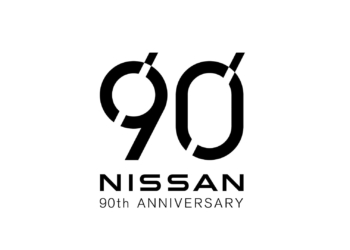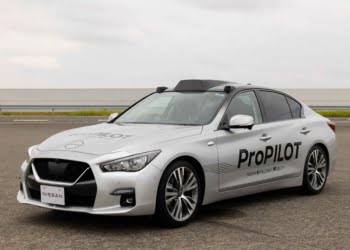Tesla’s move to slash prices in China has backfired as Elon Musk’s company loses market share to Warren Buffett-backed BYD, putting Chinese carmakers on track to sell more passenger vehicles than their foreign rivals for the first time in 2023.
Tesla last year started cutting prices on its cars in a bid to reclaim lost ground in the cut-throat Chinese market, sparking a price war in the country that has hit European, Japanese and other US carmakers.
Chinese consumers responded by favouring cheaper, newer models by BYD. In the first two months of the year, the Shenzhen-based group sold more than five times the number of units that Tesla did in China.
The US carmaker’s decision to cut prices in October was a “nuclear” option that triggered most of the industry to follow suit, said Bill Russo, founder of Shanghai-based consultancy Automobility and the former head of Chrysler in China.
“Foreign brands are clearly bleeding market share and we therefore expect 2023 to be the first full calendar year in which local brands outperform global brands in terms of sales volume,” Russo said. Last year, Chinese carmakers accounted for 47 per cent of total passenger vehicle sales, according to Automobility data.
BYD’s strong financial performance heralds the formidable Chinese conglomerate’s ascendance. The group’s vertically integrated structure — from mines to batteries and chips — has given it an advantage as the global car industry works to transition away from the combustion engine.
BYD chair Wang Chuanfu said on Wednesday he expected first-quarter sales to jump 80 per cent year on year and weak competitors to be “eliminated” after the group reported a more than 400 per cent surge in net profit for 2022 to Rmb16.6bn ($2.4bn).
In January and February, BYD’s share of plug-in hybrid and battery car sales in the world’s biggest car market increased to more than 40 per cent from 34 per cent last year, while Tesla’s eased slightly to 7.8 per cent.
Li Taotao, a 26-year-old engineering researcher who asked to be identified by her nickname, bought a BYD Qin Plus DM-i vehicle, a plug-in hybrid with a price tag of Rmb99,800, in February.
“I feel like foreign-branded cars are all relatively high-priced. If domestic brands do such a good job, why not?” she said.
Tesla’s price cuts and the ensuing price war among most major electric vehicle brands in China comes at the same time Beijing is removing generous state subsidies after spending more than $120bn since 2009 to support the industry.
China boasts one of the world’s most advanced EV markets. However, car sales are generally down as the country emerges from strict pandemic restrictions that have slowed economic growth.
The China Association of Automobile Manufacturers warned in a statement last week that the sector now faced “sharply rising inventories and mounting operational pressure” with the slump in sales worsening over the past month.
Foreign carmakers that once ruled the Chinese market have been among the worst hit as demand for EVs slows.
In the first two months of 2023, year-on-year passenger sales volume by Chinese companies softened by 1 per cent. German groups were down 21 per cent, Japanese companies declined 40 per cent, Korean automakers slid 25 per cent and US carmakers fell 13 per cent.



